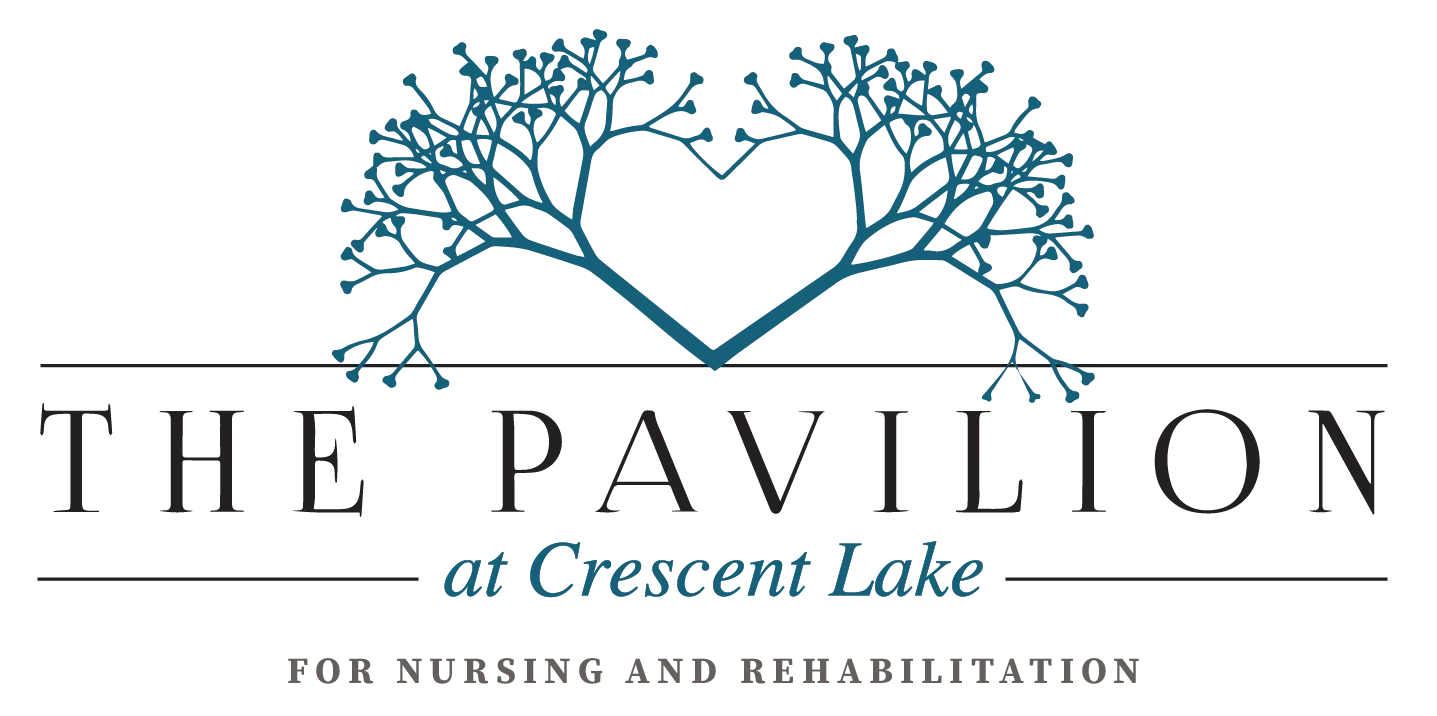Facial Covering Policy
PURPOSE
Explanation and Guidelines
1. Masks/Facial Coverings are readily available to staff, visitors, or vendors upon entrance to the center and in resident care areas.
2. Masks/Facial Coverings are readily available in resident care areas for resident use. The center requires a mask/facial covering for residents when the resident is in a common area of the center and is exhibiting signs or symptoms of or has a diagnosed infectious disease that can be spread through droplet or airborne transmission.
3. Masks/Facial coverings are available for visitors in resident care areas. The center would require a visitor to wear a mask/facial covering:
- When a visitor is exhibiting signs and symptoms of or has a diagnosed infectious disease that can be spread through droplet or airborne transmission.
- When entering an area where sterile procedures are performed.
- In a resident room with a patient who is exhibiting signs and symptoms of or has a diagnosed infectious disease that is spread through droplet or airborne transmission.
- When visiting a resident with a confirmed condition affecting the immune system in a manner that is known to increase risk of transmission of an infection from visitors or staff without signs and symptoms of infection and whose treating practitioner has determined that the mask/facial covering is necessary for the resident’s safety.
4. Opt-out Requirements:
- Residents may opt-out of wearing a mask/facial covering in accordance with the Florida Patient Bill of Rights and Responsibilities, section 381.026.F.S.
- Visitors may opt-out of wearing a mask/facial covering if an alternative method of infection control or infectious disease prevention is available.
- Staff may opt-out of mask/facial covering requirements unless the staff member:
- Conducts sterile procedures or works in a sterile area.
- Works with a resident the practitioner has diagnosed with or confirmed a condition affecting the immune system which is a known risk of transmission and whose treating practitioner has determined the mask/face covering is necessary for the resident’s safety.
- Works with a resident on droplet or airborne isolation
- Engages in a non-clinical potentially hazardous activity that requires mask/facial covering to avoid physical injury or harm in accordance with industry standards.
5. Outbreaks: Centers may use discretion and clinical judgement to require masks for staff during outbreaks of communicable illness – following CDC or DOH guidelines and recommendations.
